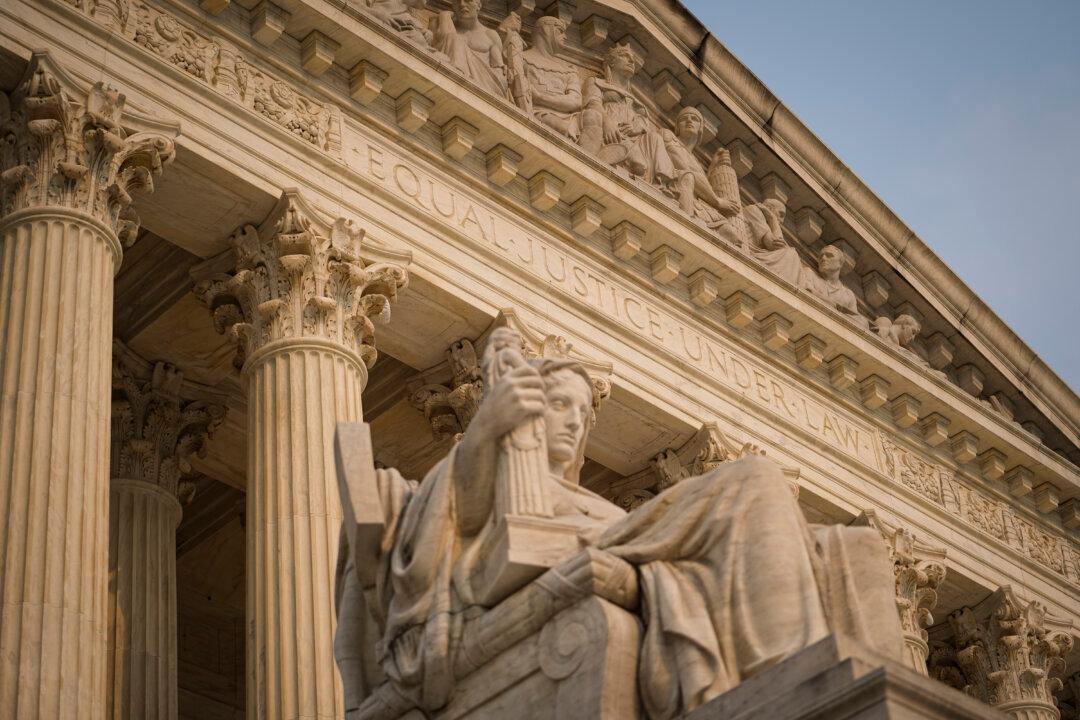By the end of this month, the U.S. Supreme Court will make a decision regarding the racially biased affirmative action admission policy being followed by certain educational institutions—with the ruling potentially affecting diversity initiatives in corporate America as well.
The affirmative action decision is related to two cases filed by the Students for Fair Admissions (SFFA) against Harvard College and the University of North Carolina. In both lawsuits, SFFA is seeking to overturn the Grutter v. Bollinger U.S. Supreme Court 2003 decision that upheld race-conscious admission policies in universities. The SFFA argues that such policies discriminate against whites and Asians.





